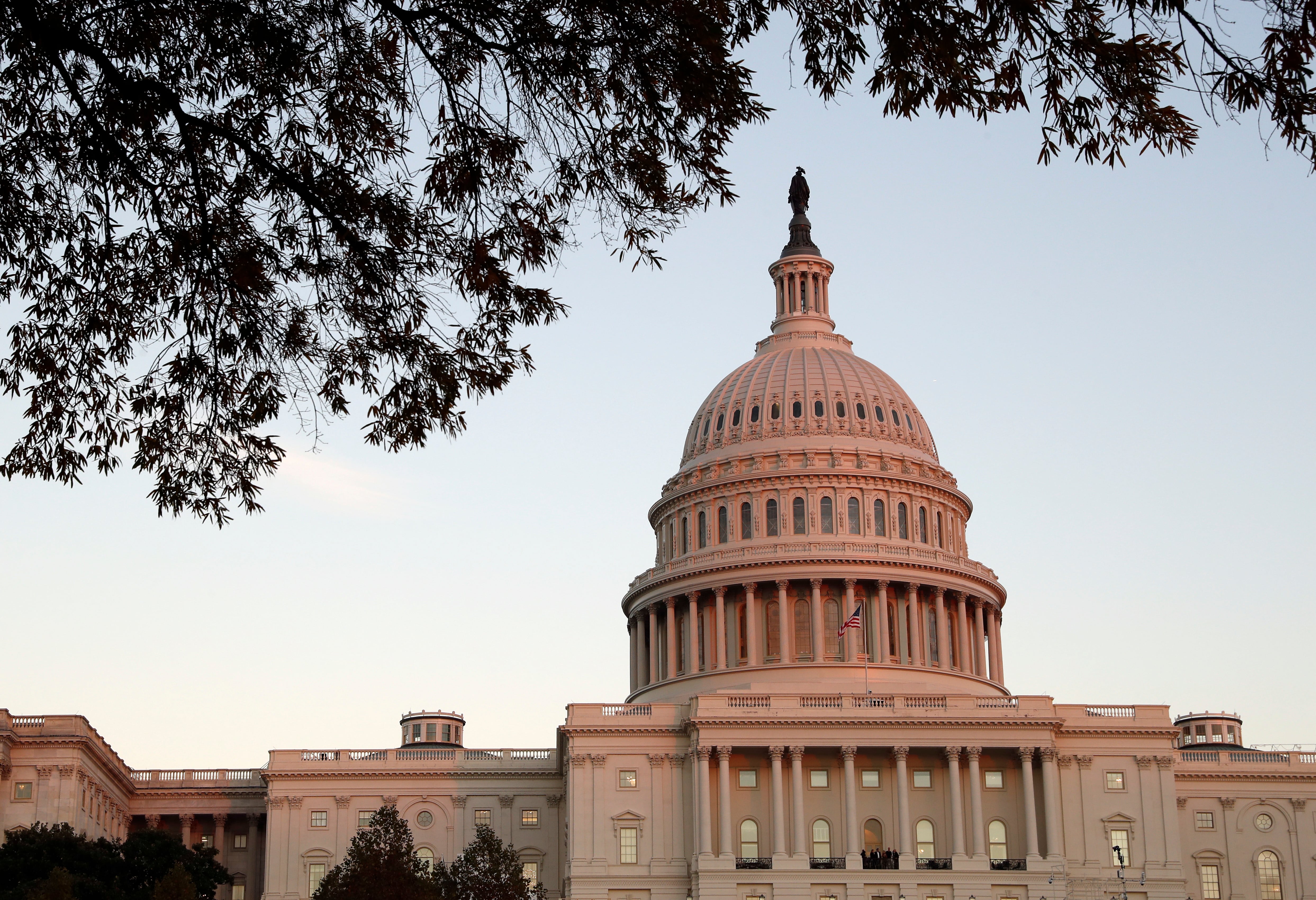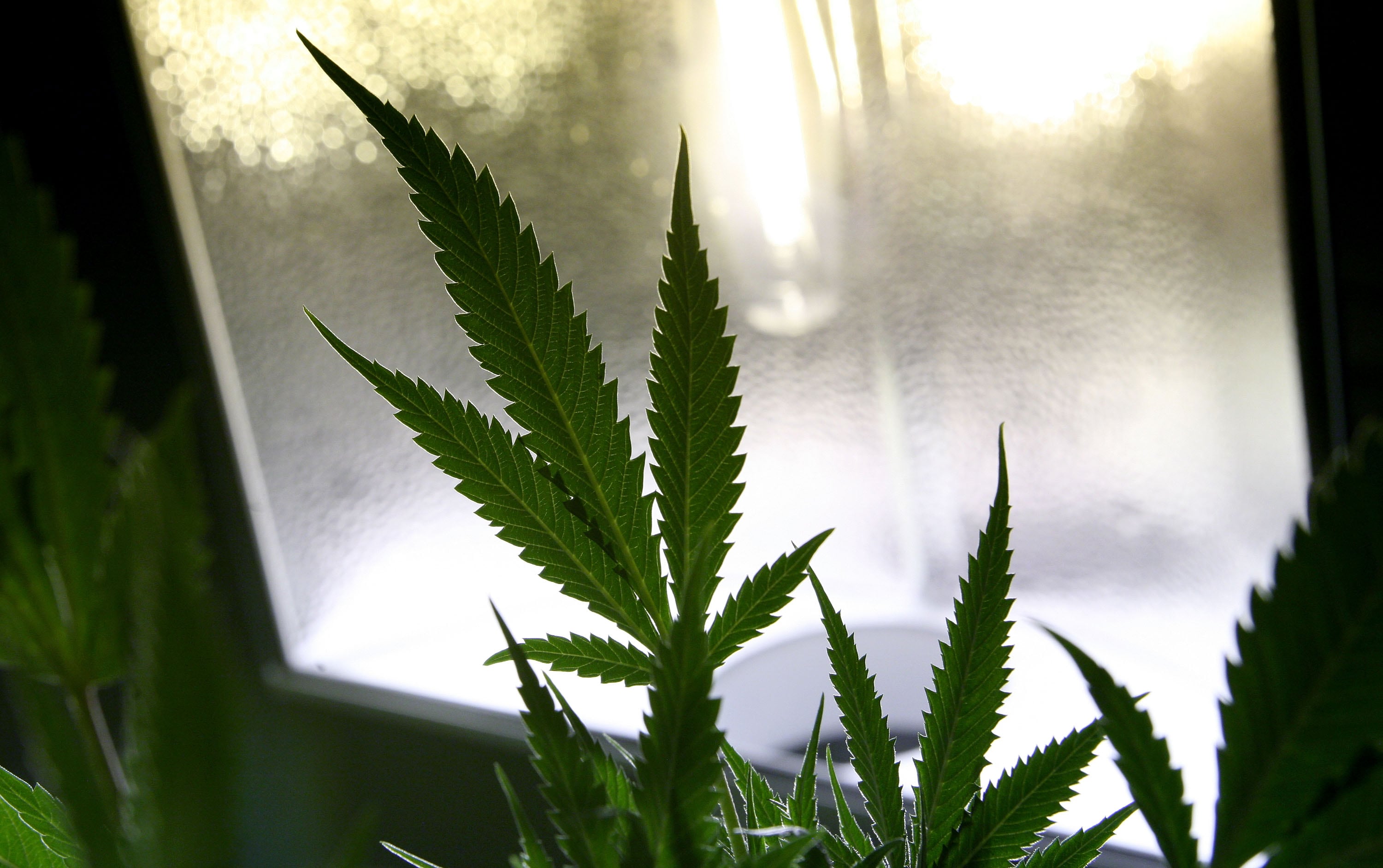WASHINGTON — Veterans who talk to their doctors about medical marijuana use won’t be hurt by the new Justice Department crackdown on the drug, according to officials at the Department of Veterans Affairs.
But advocates worry the mixed message currently coming from federal officials will further stigmatize use and research into cannabis, potentially shutting down a valuable medical option for ailing veterans.
“We continue to be stuck in this gray zone on policy,” said Nick Etten, founder of the Veterans Cannabis Project. “The reality is this leaves physicians at VA in a compromised position when talking about cannabis. And it’s why veterans in states where it’s legal often don’t get medical cards: fear of prosecution and fear of a loss of benefits.”
On Thursday, Attorney General Jeff Sessions issued a memo rescinding previous administration policies not to interfere with state laws allowing marijuana use. The substance is still illegal under federal law, even though 29 states have legalized it for medical purposes and eight for recreational use.
The move raised fears that individuals producing, selling or using the drug could face new federal prosecution in places where the industry has thrived.
Lawmakers from states that have legalized the drug blasted Sessions for the change, calling it an unprovoked attack on states. Sen. Cory Gardner, R-Colo., said he would put a hold on “every single nomination from the Department of Justice” until the situation is settled.
The move also comes less than a month after updated guidance from the Department of Veterans Affairs encouraging veterans to discuss marijuana use with their VA doctors. Department officials said the move did not amount to any recommendation or endorsement of the drug, but rather an effort to provide a more complete picture of veterans health.
RELATED

On Friday, VA spokesman Curt Cashour said the new Department of Justice moves should not have an impact on those conversations.
“Whether in VA or the private sector, communications between patients and their health care providers are confidential and privileged,” he said. “While there are some exceptions, those exceptions would not apply to conversations about marijuana use.”
Whether that reassurance convinces more veterans to be honest with their medical providers about marijuana use is a different issue.
“We don’t see this as a sign that the Justice Department is going to start going after individual patients,” said David Mangone, legislative counsel at Americans for Safe Access. “Still, it’s going to have an impact on veterans who think their conversations about marijuana use is going to be recorded in a federal database.”
Mangone called the Justice Department move “an incredible disappointment” and “a big step backwards” in efforts to legalize medical marijuana.
Past studies have shown promise for cannabis in treatment of post-traumatic stress and pain management in veterans, but that research has been limited by strict federal classification of the drug. Groups like the American Legion have pushed for expanded research, but so far President Donald Trump’s administration has not agreed to the move.
A survey of veterans by the Legion last fall found that 92 percent of those polled support expanded medical cannabis research, and 83 percent believe medical cannabis should be federally legal.
RELATED

In a statement Thursday, House Veterans’ Affairs Committee ranking member Tim Walz, D-Minn., said the new crackdown threat will have “far reaching and profoundly negative consequences on the lives of veterans who depend on medical cannabis” for a variety of injuries.
“It is disappointing to see that while the VA moves in the right direction, however slowly, Attorney General Sessions is determined to take our country backwards,” he said. “(It) risks further facilitating the extremely dangerous and misguided practice of overprescribing opioids, a practice that overwhelming hurts veterans.”
Etten said he is hopeful the move will spur long-stalled legislation in Congress to address the issue.
“It’s not the Department of Justice’s job to handle veterans health issues,” he said. “Congress needs to see this as a call to them to act. This has the potential to be a game-changer for veterans health, but Congress has to take action.”
Leo covers Congress, Veterans Affairs and the White House for Military Times. He has covered Washington, D.C. since 2004, focusing on military personnel and veterans policies. His work has earned numerous honors, including a 2009 Polk award, a 2010 National Headliner Award, the IAVA Leadership in Journalism award and the VFW News Media award.





